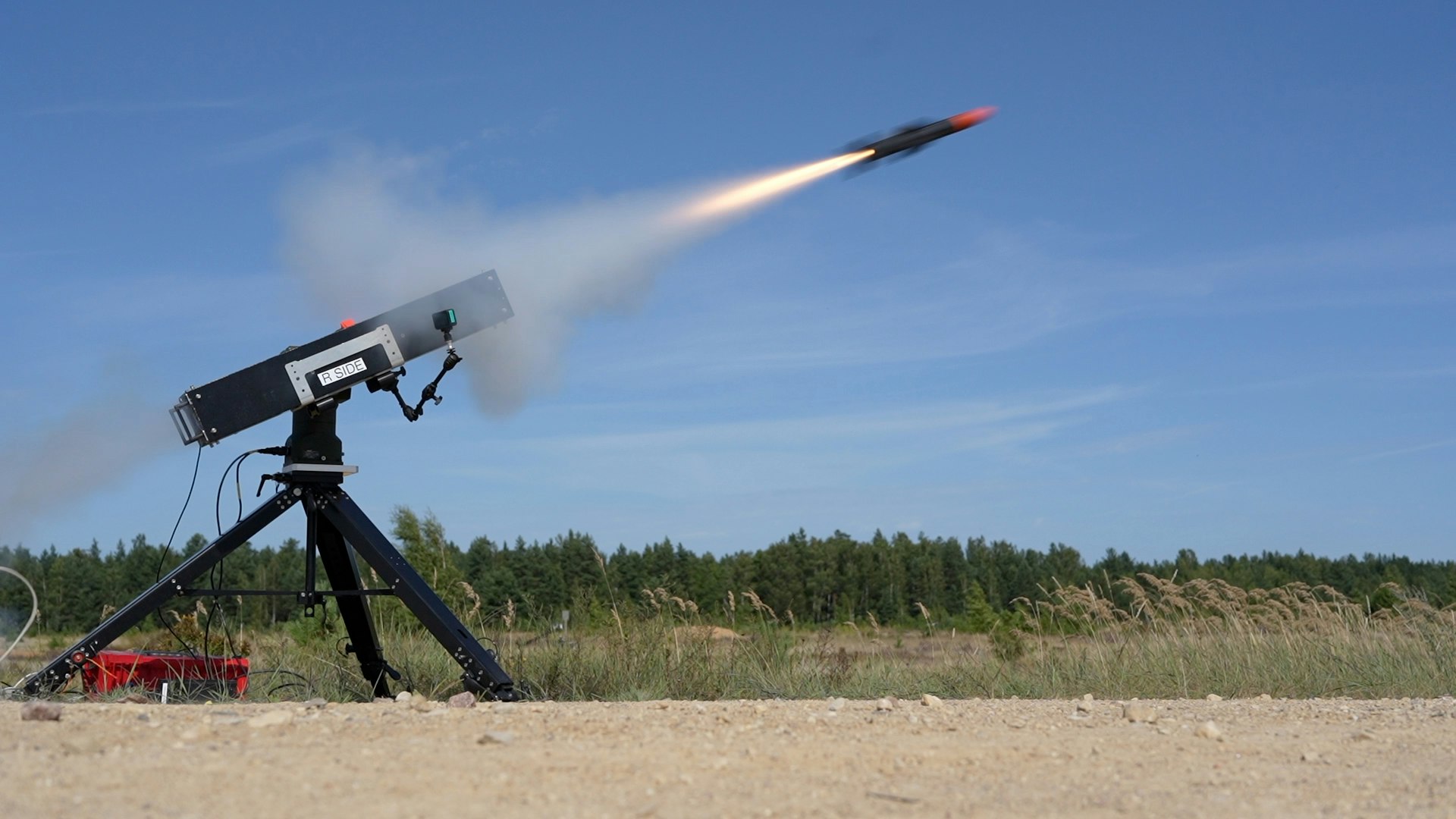Nato is launching a new startup accelerator next Monday, with a budget of roughly €50m a year to bring a new generation of technology to militaries in Europe and North America.
Dubbed Diana (short for the Defence Innovation Accelerator for the North Atlantic), the programme will provide young startups across both continents with grant funding, mentoring and opportunities to get in front of other investors.
“The fundamental idea is that we’re creating a wide funnel to attract and connect with as many innovators as possible. We want less of the old-school thinking about defence; we don’t want the same old players,” says the accelerator’s managing director, Deeph Chana, who will run the programme from an office in Imperial College London.
Interest in emerging military tech has shot up in Europe recently, with new satellite technologies, unmanned vehicles and software to clean up radio communications getting real-world testing in the ongoing war in Ukraine. Artificial intelligence, meanwhile, has been used by Ukraine to help sift through the massive amounts of data being accumulated from surveillance.
Nato’s accelerator marks the bloc's latest attempt — after announcing a separate €1bn equity fund last year — to bring a Silicon Valley worldview to European militaries. Outside of France and the UK, the continent’s armies have been criticised over the years for being too slow to modernise and invest in their own futures.
Challenge competitions
The initial competitions will ask for new ideas in energy resilience, secure information sharing and sensing and surveillance, and applicants should be able to apply their tech to both civilian and military problems (so-called "dual-use"). Nato says up to 30 applicants will be awarded funding this year; the number of challenges and grants will grow each year until the programme is fully operational in 2025.
The accelerator will run regular “technology challenges” across multiple European and US research sites, including Tehnopol in Tallinn, Turin's Officine Grandi Riparazioni, Copenhagen’s BioInnovation Institute, MassChallenge in Boston, and the Pacific Northwest Mission Acceleration Centre in Seattle.
The alliance will write cheques of €100k for the first phase of a winning startup’s project and €300k for a second phase. This money will be non-dilutive, meaning Nato won’t take an ownership stake. A key condition of entry is for companies to be incorporated in one of Nato’s 31 member countries.
Culture shift
Chana insists it wasn’t the invasion of Ukraine that changed Nato thinking on tech: “We were well on the road to this prior to the sad events in Ukraine.”
Still, the shift will surely be difficult for Europe’s militaries. New tech tends to filter slowly into armies because of risk-averse procurement — not usually a good fit for startups that thrive on speed and innovation.
But for European countries, Ukraine has rapidly reshaped the security debate and provided a terrifying prod to upgrade military operations, and Nato wants the continent’s entrepreneurs to be part of the solution.



